The World Food Programme (WFP) has been actively involved in Afghanistan since 1963, providing essential food assistance and resilience support to vulnerable communities affected by a combination of factors, including conflict, natural disasters, and economic instability. Afghanistan faces significant challenges due to decades of complex and protracted conflicts, as well as other issues such as climate change, gender inequalities, rapid urbanization, underemployment, and the economic impact of the COVID-19 pandemic. These challenges hinder efforts to achieve the Sustainable Development Goals (SDGs), particularly SDG 2, which focuses on Zero Hunger and improved nutrition. Here are some key points about WFP’s mission in Afghanistan: Emergency Response: In the context of ongoing conflict and frequent natural disasters, WFP provides unconditional, fortified, and nutritionally balanced food assistance to vulnerable groups. This includes people displaced by conflict, those affected by disasters, refugees, returnees from neighbouring countries, and individuals facing seasonal food insecurity. Resilience Building: WFP aims to strengthen the resilience of communities by addressing their immediate food needs while also promoting long-term solutions. This involves initiatives related to nutrition, food systems, and advocacy for zero hunger. Nutrition: WFP is working to provide nutrition treatment and malnutrition prevention for 1.6 million children, as well as pregnant and breastfeeding women. School Meals and Cash Transfers: The program includes providing school meals, take-home rations, and cash transfers for 1 million children across the country. Despite the challenges, WFP remains committed to ensuring that assistance reaches conflict- and disaster-affected populations wherever they are in Afghanistan. Their efforts play a crucial role in alleviating hunger and improving the lives of millions of Afghans.

